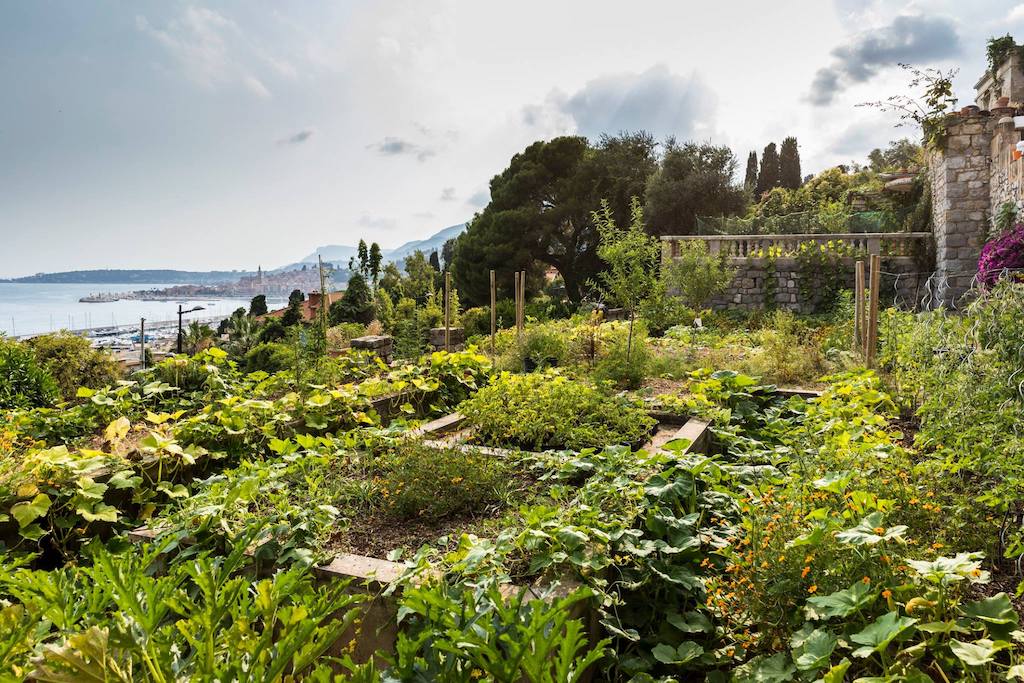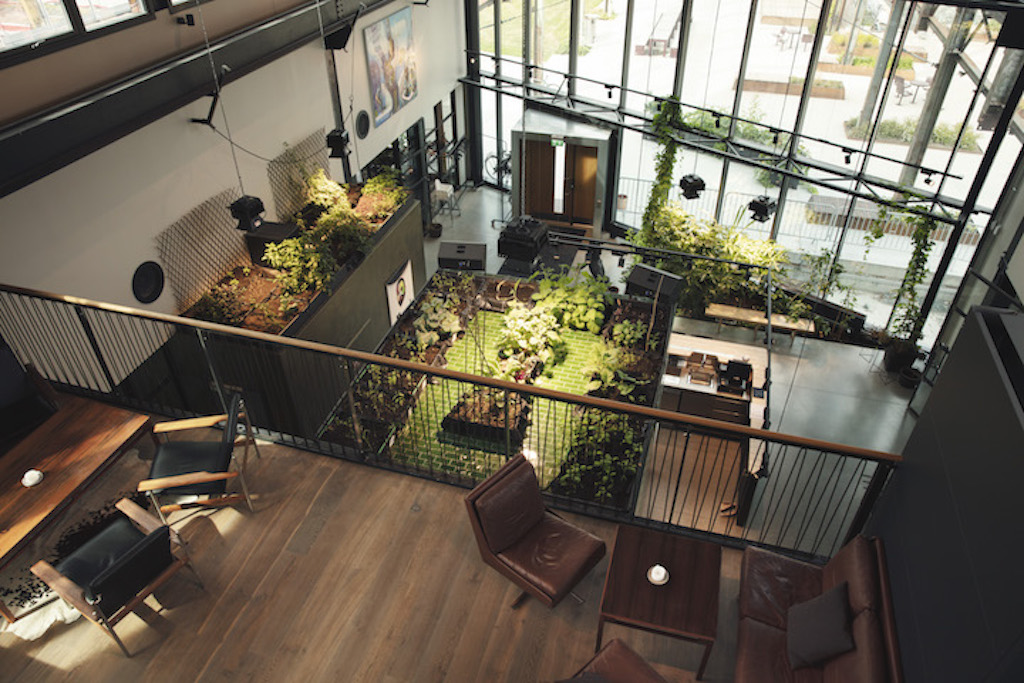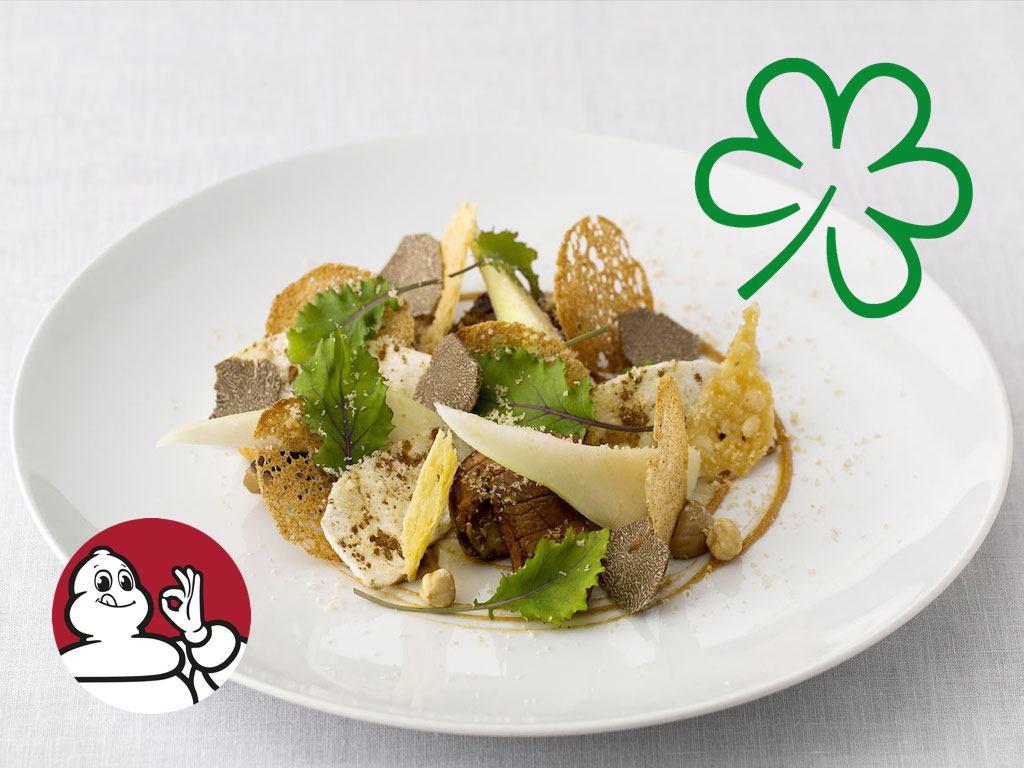3 Mins Read
Michelin has recently debuted a new emblem for sustainable gastronomy in its recent Michelin Guide France 2020 and Michelin Guide Nordic Countries 2020. The new clover leaf icon will recognise restaurants that promote sustainable practices such as recycling, food waste reduction and sustainable ingredient sourcing. For the world’s most prestigious dining guide to launch a sustainable icon reflects an understanding that we can no longer neglect the impact our food choices have on the planet and that F&B businesses have a responsibility to address these environmental concerns.
The Michelin Guides have just launched a new clover emblem to award the restaurants that promote sustainable dining. First launching on the 27th January in the 2020 edition of the Michelin Guide France, the new Sustainable Gastronomy icon highlighted over 50 restaurants with commendable environmental practices, such as the 3-starred Mirazur that features a permaculture garden to Bertrand Grébaut’s bio-waste recycling programme at 1-starred Septime.

According to Michelin, the initiative is a part of the group’s wider commitment to improving sustainability across the F&B industry, driven by the increased awareness and interest of diners of the impact of their consumption habits. The ultimate goal of the campaign is to “amplify the scope of the good and ingenious practices of chefs” who are helping to raise attention about environmental concerns surrounding food, and help inform diners who wish to eat more sustainably.
“Faced with constantly evolving challenges including production methods, sourcing and waste management, chefs are striving to improve their practices,” said Gwendal Poullennec, international director of Michelin Guides.
Michelin’s new icon is available to chefs whose restaurant establishments have the Plate or Bib Gourmand distinctions, or have achieved 1, 2 or 3 stars. The emblem has since appeared on the most recent Nordic Countries guide, which includes Denmark, Finland, Iceland, Norway and Sweden, with Poullennec commenting at the launch that Nordic chefs are increasingly focused on using local ingredients and taking on a zero-waste approach to reducing food and packaging waste. Michelin has hinted at plans to roll out the emblem at other international editions throughout the year.

While this is the first time an recognition dedicated to eco-friendliness has appeared on the Michelin Guides, it is not the first time the distinguished award has ventured into the topic. Last year, Michelin handed out Sustainability Awards to chefs across multiple destinations for their efforts in reducing food waste, encouraging recycling and responsible sourcing. Among those commended were Angel Leon of Heidi Bjerkan of 1-starred Credo in Norway, 3-starred Aponiente in Spain and Enda McAvoy of 1-starred Loam in Ireland.
For one of the world’s most revered dining rating groups to launch a category for sustainability indicates that our food choices and the environmental footprint attached to it can no longer be decoupled. With the climate emergency and ecological crises such as food insecurity, plastic pollution and waste topping the global agenda, businesses across all industries are feeling the pressure to address environmental concerns. This includes the F&B industry, which now must strive for greener practices as diners become exposed to the issues of food waste in commercial kitchens and the carbon emissions associated with animal agriculture.
Lead image courtesy of Pollen Street Social.




